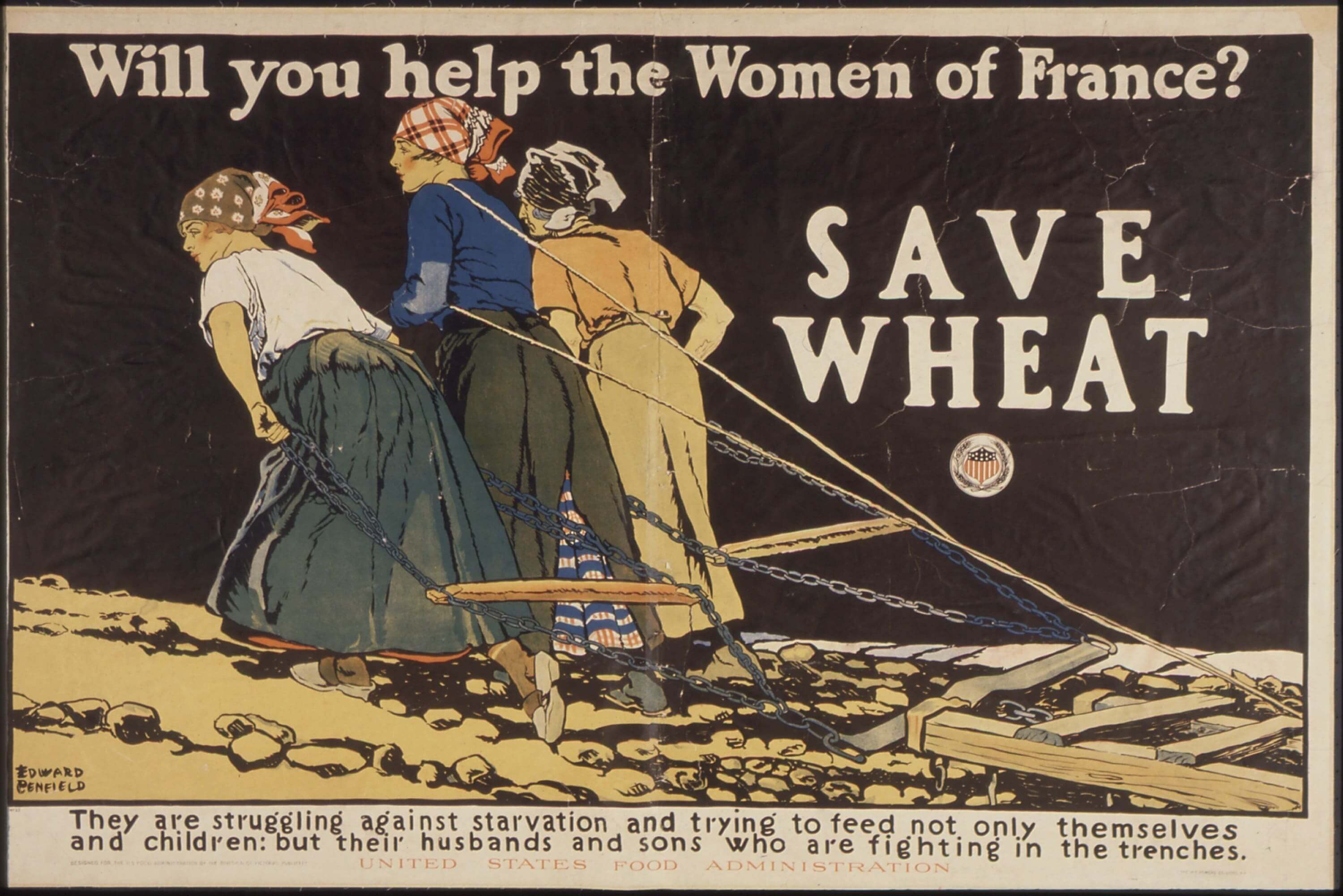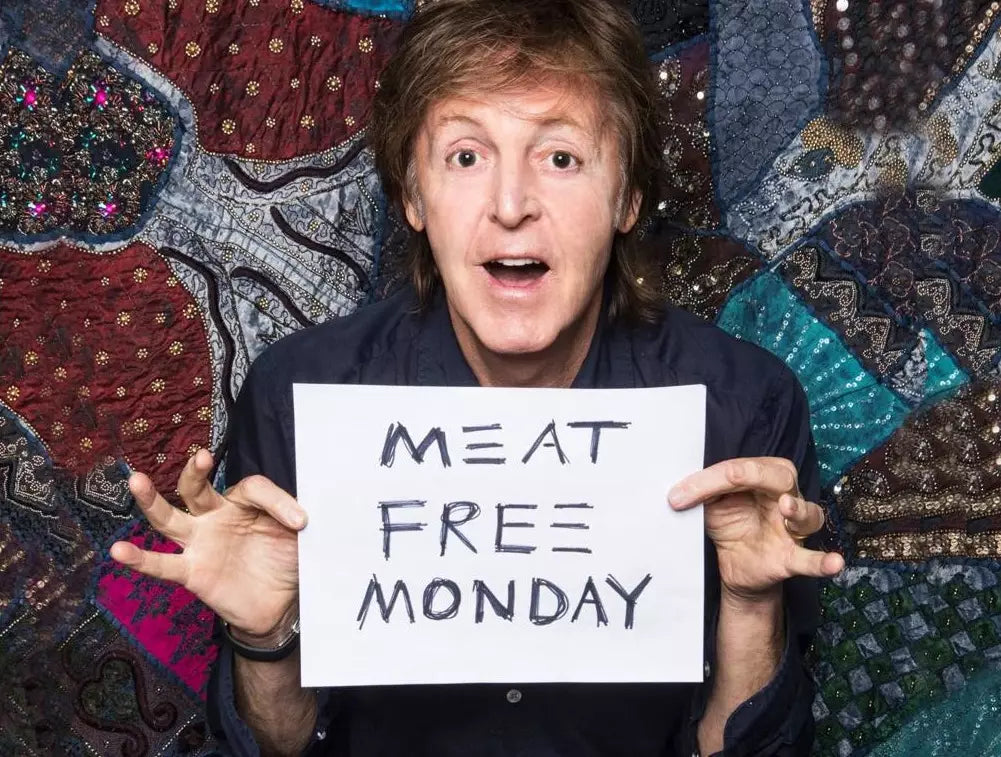Want to reduce your meat consumption? Meat Free Monday can be a start
Want to reduce your meat consumption? Meat Free Monday can be a start
You’ve probably heard of Meat Free Monday or Meatless Monday before. Today, the movement is widely discussed by environmentalists and animal rights activists. But did you know that an early version dates back to World War I?
Here, you will learn everything to know about Meat Free Monday and how to take part in it.
HOW DID IT ALL START?
 Poster by famed illustrator Edward Penfield for a USFA campaign. Image courtesy of the U.S. National Archives and Records Administration.
Poster by famed illustrator Edward Penfield for a USFA campaign. Image courtesy of the U.S. National Archives and Records Administration.
For starters, it wasn’t Meatless Monday but, in fact, Tuesday. The U.S. Food Administration, the agency responsible for controlling food production and distribution during WWI, urged American families to reduce their consumption of certain products. The intention was to help the country’s effort, with the surplus being sent to the troops abroad and the allied population in Europe.
The campaign returned during WWII with the same objective. More recently, in the 2000s, similar campaigns pushed for cutbacks in the consumption of meat, aiming for healthier choices, animal protection, and sustainability.
One famous example is the 2003 Meatless Monday initiative created by Sid Lerner, the Founder of The Monday Campaigns, in association with the Johns Hopkins Center for a Livable Future. It calls for people around the world to lessen the amount of meat in their diet as a way to reduce the incidence of chronic preventable diseases and combat climate change.
 PAUL MACCARTNEY HOLDS UP A MEAT FREE MONDAY SIGN. IMAGE COURTESY OF © 2014 MPL COMMUNICATIONS/PHOTOGRAPHER: MJ KIM
PAUL MACCARTNEY HOLDS UP A MEAT FREE MONDAY SIGN. IMAGE COURTESY OF © 2014 MPL COMMUNICATIONS/PHOTOGRAPHER: MJ KIM
Meatless or Meat Free Monday campaigns are now endorsed by numerous international leaders and government agencies in over 40 countries.
WHY JOIN MEAT FREE MONDAY
Reducing meat consumption benefits not only the animals but also our health and the planet’s health. Plus, Meatless Mondays can be a starting point for a vegetarian or vegan diet, as a U.K. study showed. Check out all the positive impacts you prompt and experience:
THE ENVIRONMENT
Recent research, including two by the U.N.’s Food and Agriculture Organization, estimates that livestock accounts for about 15% of the global greenhouse gas emissions. In Brazil, for instance, 1 kg (2.2 lbs) of meat corresponds to 335g of carbon emitted. Moreover, 3700 liters of water are necessary to produce 1 kg (2.2 lbs) of meat. By cutting down meat intake, even by one day a week, you already help save water and reduce CO2 emissions.
THE ANIMALS
Each year, 70 billion terrestrial animals are killed. To produce food to support the United States food supply, 271 land animals die every second, adding up to 23 million in only one day. Many of these animals are highly intelligent and capable of feeling empathy, fear, and even mourn the death of their families and friends. Not to mention the dismal conditions in which the majority of them are raised.
Decreasing your meat consumption contributes to saving some of these animals’ lives. Also, you can help lessen animal suffering by shopping for meat with animal welfare labeling on the packaging. It’s worth checking out these certifications.
YOUR HEALTH
A carefully planned vegetarian diet can bring many benefits to people’s health. Studies show a non-meat diet may reduce the risk of ischemic heart disease and various types of cancer, as well as the risk of metabolic syndrome, which includes obesity and type 2 diabetes.
